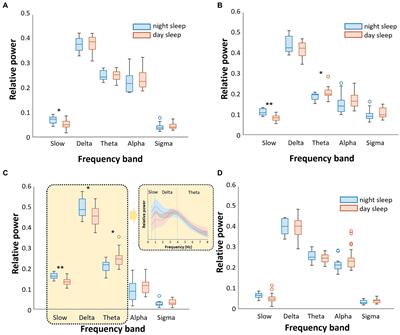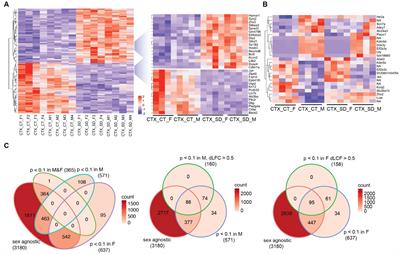ORIGINAL RESEARCH
Published on 27 Mar 2024
Are there effects of light exposure on daytime sleep for rotating shift nurses after night shift?: an EEG power analysis

doi 10.3389/fnins.2024.1306070
- 1,971 views
- 2 citations
2,532
Total downloads
11k
Total views and downloads
ORIGINAL RESEARCH
Published on 27 Mar 2024

ORIGINAL RESEARCH
Published on 05 Mar 2024

ORIGINAL RESEARCH
Published on 04 Jan 2024

ORIGINAL RESEARCH
Published on 20 Apr 2023

